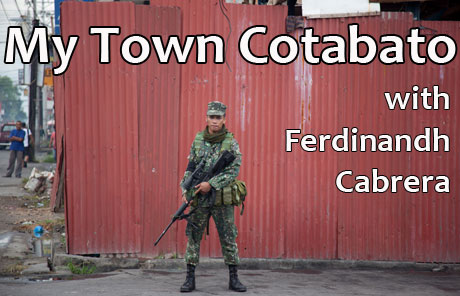China lifts ban on inmate homosexuality
Updated: 2011-09-22 22:50
(Xinhua)
|
|||||||||
BEIJING - China has made strides in protecting the human rights of prison inmates in recent years, including scrapping a conduct policy that discriminated against homosexual inmates, according to a judicial official in charge of penal human rights studies.
The Ministry of Justice has rewritten the national code of conduct for prison inmates, eliminating bans on homosexuality, dyed hair and other lifestyles and practices that were previously not allowed in prisons. The revision was made in order to show respect for the human rights of prison inmates, according to Feng Cangjian, head of the Human Rights in Justice office of the ministry's Institute for Crime Prevention.
Feng said Thursday on the sidelines of the fourth Beijing Forum on Human Rights that a person's sexual orientation should not make them a target for discrimination, whether that person is in prison or not. However, he also said that this does not mean that acts of homosexuality are accepted in prisons.
"The inmates will be left alone if their homosexuality remains 'spiritual'," Feng said. "But because prison inmates are not free persons, they can not act as freely as the rest of us."
The official said it is an international practice not to discriminate against homosexual inmates, but to instead restrict their behavior. "I raised the question when I visited prisons in the United States. Prison officials there told me homosexual partners are separated if they attempt to remain together," Feng said.
Feng said prisons in Beijing have also banned officials from ordering inmates to squat with both hands crossed behind their heads, a practice that is commonly used to demoralize inmates who are entering prison for the first time.
Feng said that the human rights of death row inmates have been respected as well, as prison authorities have begun to allow death row inmates to meet their immediate relatives before being executed. The use of lethal injection as a method of execution is also being promoted, as it is considered to be more humane than traditional firing squad executions.
The use of lethal injection in China began in 1997 and has completely replaced execution by firing squad in the provinces of Shandong, Yunnan and Liaoning, according to official statistics.
Although the policy revisions are promising, challenges still remain in enforcing the changes, as training the country's 300,000 prison wardens to keep them up to speed on the changes will take time, Feng said.
Verbal abuse directed toward suspects, convicts and inmates remains prevalent, Feng said.
"Prosecutors are still accustomed to describing suspects as 'inhumane' or 'acting like an animal.' Such degrading terms are even seen in court verdicts," Feng said.
Feng said the ministry will publish a textbook in October for the purpose of educating prison wardens about their inmates' human rights.










